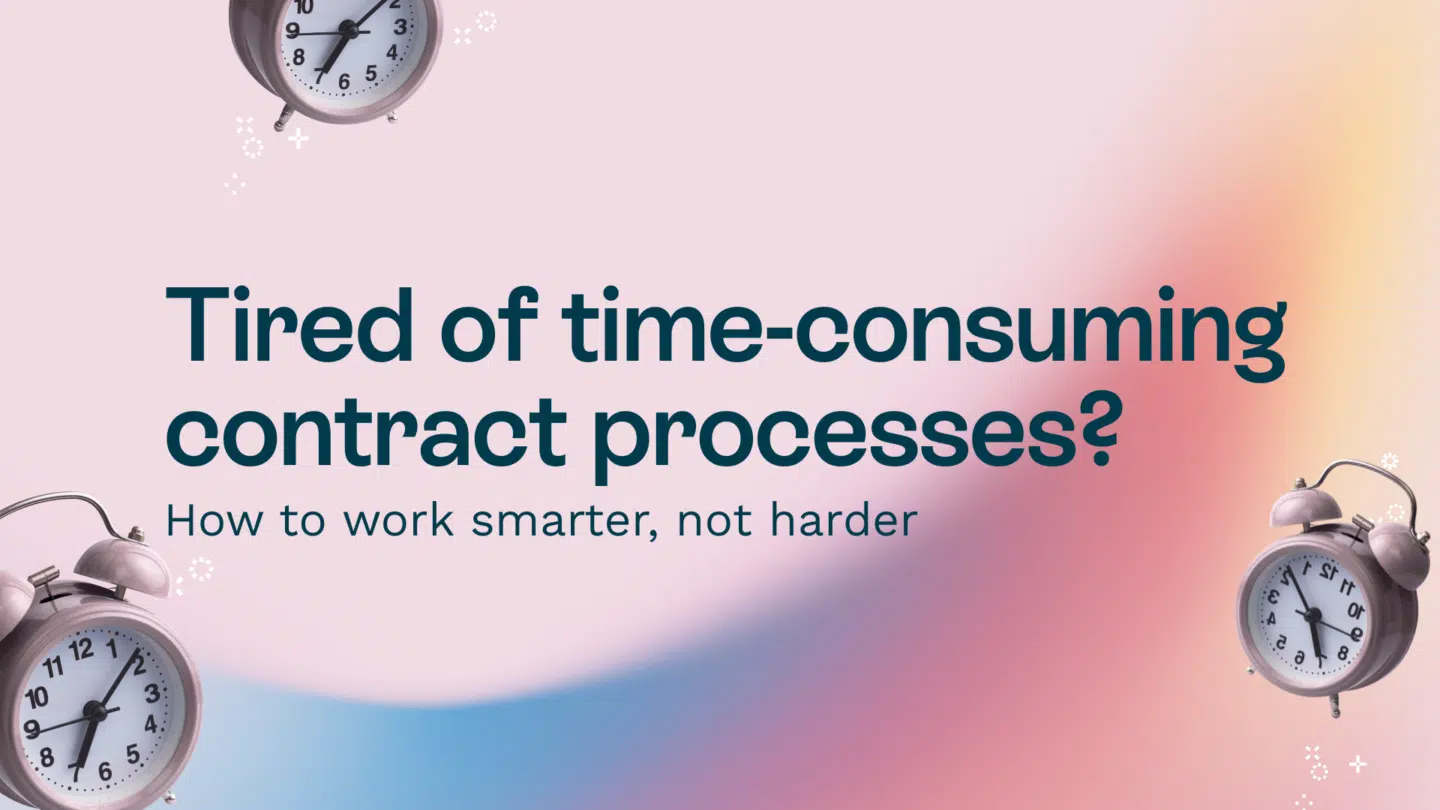Are you interested in skyrocketing your sales career? If you are, then you’re in the right place! Sales jobs can be challenging, but they can also be incredibly fulfilling. In this article, we’re going to explore the essential tips and traits that are needed to become a fantastic salesperson. Whether you’re just starting out or you’re a seasoned pro, there’s something in here for you!
Understanding the traits of a great salesperson
Being a great salesperson requires a unique set of skills and abilities. While there are many different traits that can contribute to success in sales, there are a few key ones that stand out. In this article, we’ll explore three essential traits of every great salesperson: effective communication skills, building strong relationships, and adaptability and resilience.
Effective communication skills
Effective communication is the cornerstone of success in sales. As a great salesperson, you need to be able to clearly and persuasively communicate the benefits of your product or service to potential clients. But communication is more than just talking – it’s also about listening. To truly connect with your clients, you need to be an active listener, paying attention to their needs and challenges.
One way to improve your communication skills is to practice your tone of voice and body language. A confident and open demeanor can help build trust with your clients. Additionally, it’s important to be able to adapt your communication style to different clients. Some clients may respond better to a more formal approach, while others may appreciate a more casual, conversational tone.
Building strong relationships
Building strong relationships with your clients is another key trait of every great salesperson. When clients trust and value you as a resource, they’re more likely to do business with you in the future. But building strong relationships takes time and effort.
One way to build relationships with your clients is to take the time to get to know them on a personal level. Ask about their interests, hobbies, and family. Remember important details about their lives and follow up on them in future conversations. Additionally, it’s important to be responsive to your clients’ needs. If a client has a question or concern, make sure to address it promptly and thoroughly.
Adaptability and resilience
Sales can be a challenging and unpredictable field. One day you may be on top of the world, closing deals left and right, and the next day you may be struggling to make a sale. That’s why adaptability and resilience are critical traits for great salespeople.
Being adaptable means being able to pivot your sales strategy when necessary. If a particular approach isn’t working, be willing to try something new. Additionally, it’s important to be able to adapt to changes in the market or industry. Keep up with industry trends and be willing to adjust your approach as needed.
Resilience is also essential to be a great salesperson. You’re going to face rejection and setbacks, but it’s important to maintain a positive attitude and keep pushing forward. Remember that every “no” brings you one step closer to a “yes.”
Read also: How to support your sales reps during a recession

Developing your sales strategy
Identifying your target market
Before you can become a great salesperson, you must identify your target market. You need to know who your ideal customer is, what their needs and pain points are, and how your product or service can help them. Without this knowledge, your sales will be less targeted and less successful.
Take the time to research your target market, analyze their demographics, and examine their behaviors. This information will help you create a customer profile and guide your sales efforts.
Crafting a compelling sales pitch
Another crucial element of developing your sales strategy is crafting a compelling sales pitch. A pitch is your opportunity to demonstrate how your product or service can help your clients. It’s essential to create a pitch that’s clear, concise and easy to understand.
To create a compelling sales pitch, focus on the benefits your product or service offers rather than the features. It’s also crucial to personalize your pitch to your target market, taking into account what matters most to them.
Utilizing sales tools and technology
In today’s sales world, technology has a significant impact on success. Utilizing sales tools and technology can help you refine your approach, track your progress, and stay organized. There are many great sales technology tools available, ranging from customer relationship management (CRM) software to email marketing automation.
When considering which sales tools and technology to use, it’s important to do your research and find the solutions that best fit your needs. Tools that allow you to automate repetitive tasks and focus on selling will be especially valuable.
Implementing a sales process
A final strategy for developing your sales skills is to implement a sales process. A sales process is a defined set of steps that a great salesperson follows to close a sale successfully.
Implementing a sales process can help you stay organized and focused on achieving your goals. Your process should include specific steps for lead generation, qualification, and closing deals. It’s important to regularly revisit your sales process and make adjustments as needed to ensure you’re continuously improving.
Read also: How to create a winning sales culture during a recession

Mastering the art of closing deals
Overcoming objections
The first step to mastering the art of closing deals is to overcome objections. Every great salesperson will tell you that objections are a part of the process. It’s your job to anticipate and address potential objections before they arise. Objections can come in many forms, from concerns about price to doubt about the effectiveness of your product.
To overcome objections, it’s crucial to think through your client’s potential concerns ahead of time. When objections do arise, listen carefully and provide thoughtful responses that address their concerns directly.
Active listening and empathy
Another key element of closing deals is active listening and empathy. You must be able to understand your client’s needs and concerns truly. Utilize active listening skills, such as repeating information back to the client, nodding, and maintaining eye contact, to show that you are engaged and focused on their needs.
Empathy is also crucial in closing deals. Putting yourself in your client’s position and responding to their needs with understanding and compassion can go a long way in building trust.
Creating a sense of urgency
Finally, creating a sense of urgency is an essential step in closing deals successfully. Clients often need a push to take action, and creating a sense of urgency through limited-time offers or emphasizing the value of your product or service can spur them to act.
It’s crucial to be honest and transparent when creating a sense of urgency, however. Clients will sense insincerity quickly. Always strive to make your offer compelling while keeping it truthful and ethical.
Negotiation techniques
Another essential element of mastering the art of closing deals is negotiation. Knowing how to negotiate skillfully can help you close deals while protecting your interests. You must understand what your client wants, what they are willing to give up, and how you can reach a mutually beneficial agreement.
Effective negotiation techniques include being confident and direct, knowing your bottom line, and being willing to walk away from a deal if it’s not in your best interest. Additionally, it’s important to build rapport and maintain a positive relationship with your clients throughout the negotiation process.
The key takeaways
Building a successful career in sales is no small feat. However, by understanding the traits of great salespeople, developing your sales strategy, and mastering the art of closing deals, you can set yourself up for success.
Remember, effective communication skills, building strong relationships, adaptability and resilience, and clever sales strategies are all essential components of becoming a great salesperson. By following these tips and putting them into practice, you’ll be well on your way to achieving your sales goals and taking your career to the next level!







